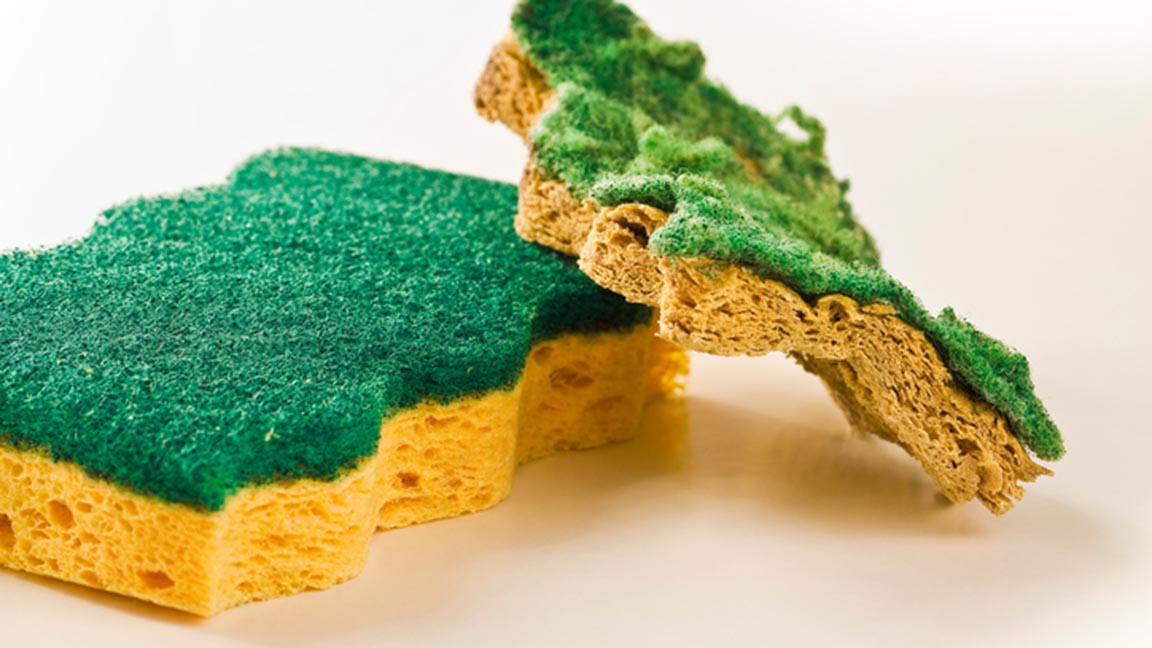In the habit of trying to clean your kitchen sponges? If so, it might be time to reconsider.
A recent study published in the journal Scientific Reports suggests that trying to clean sponges, whether by microwave or other means, may actually be counterproductive.
Instead of killing all the bacteria, cleaning sponges actually may only kill the weakest bacteria, creating an environment where the strongest – and potentially more pathogenic – bacteria can thrive, the study found.
“Generally speaking, it’s a good idea to replace your kitchen sponge every week,” said Jamie Kandora, clinical nutrition manager at Tidelands Health. “Sponges, because of where and how they’re used, can become ideal incubators for bacteria.”
The study, conducted by a team of researchers in Germany, found that one type of bacteria that tends to survive cleaning is Moraxella osloensis, which is known to cause infections in people with weak immune systems and is thought to cause stinky laundry, perhaps explaining why sponges tend to smell so bad after a while.
If you’re interested in dropping sponges altogether, Kandora said one option is to use bleach-based disinfectant wipes. However, it’s important to follow the manufacturer’s instructions, especially if you’re going to use the wipes on a surface that can come into contact with food.
For those inclined to keep using sponges, she offers the following tips:
- Be careful how you use a sponge. Don’t, for instance, wipe up meat juices with it.
- Don’t use your favorite sponge as an all-purpose kitchen tool. Have different sponges for different jobs.
- Allow your sponge to dry after each use.




